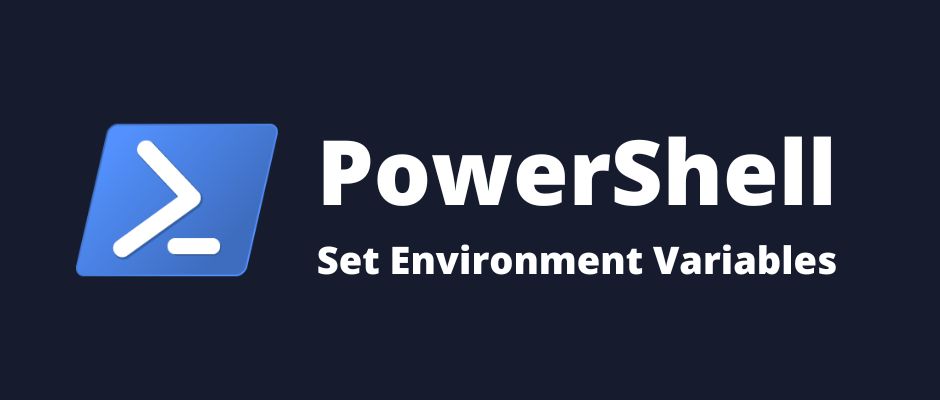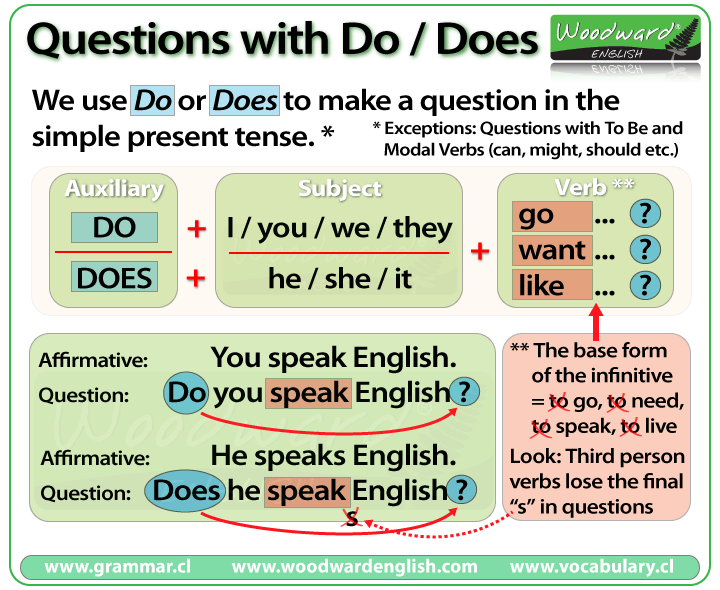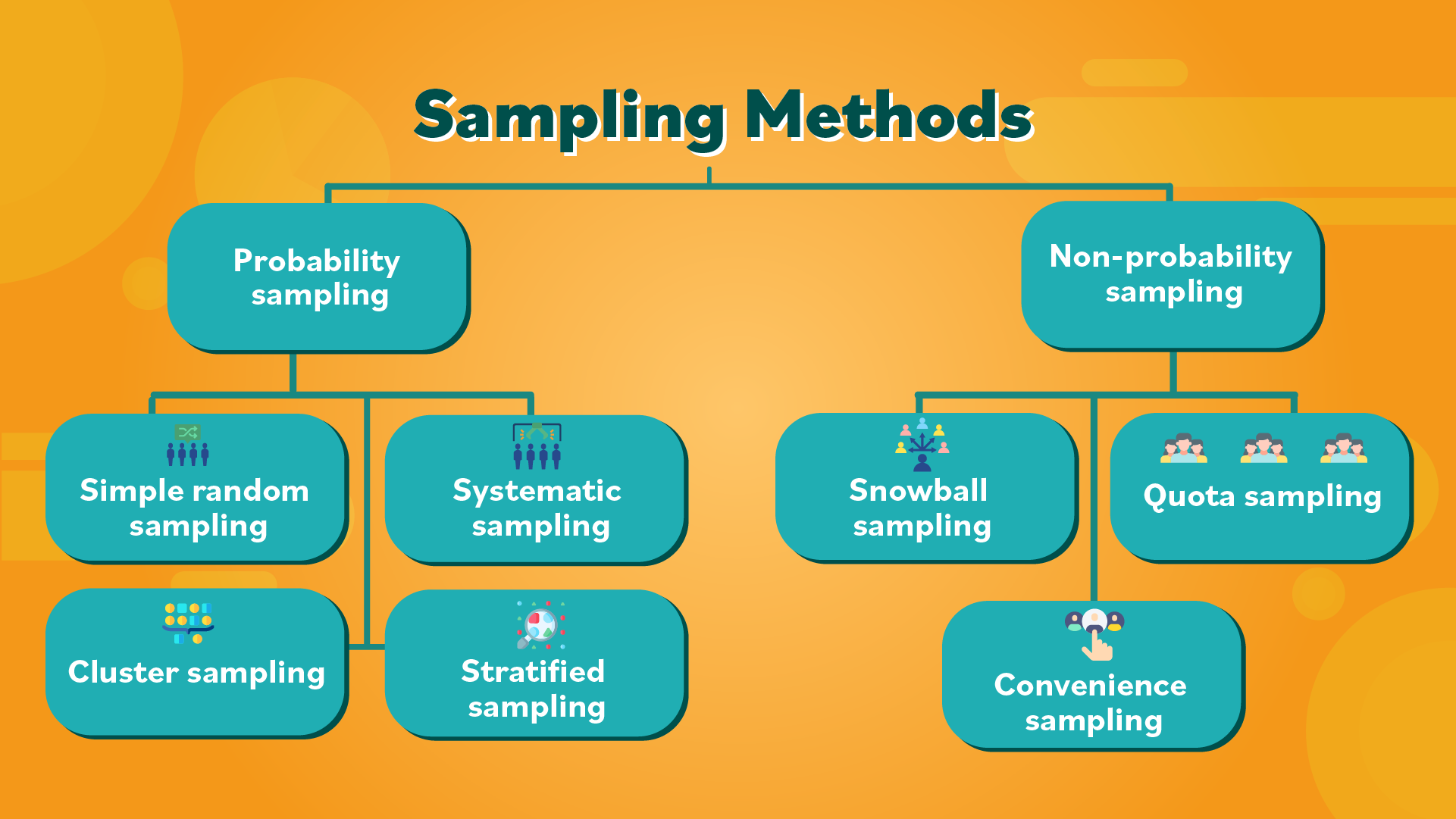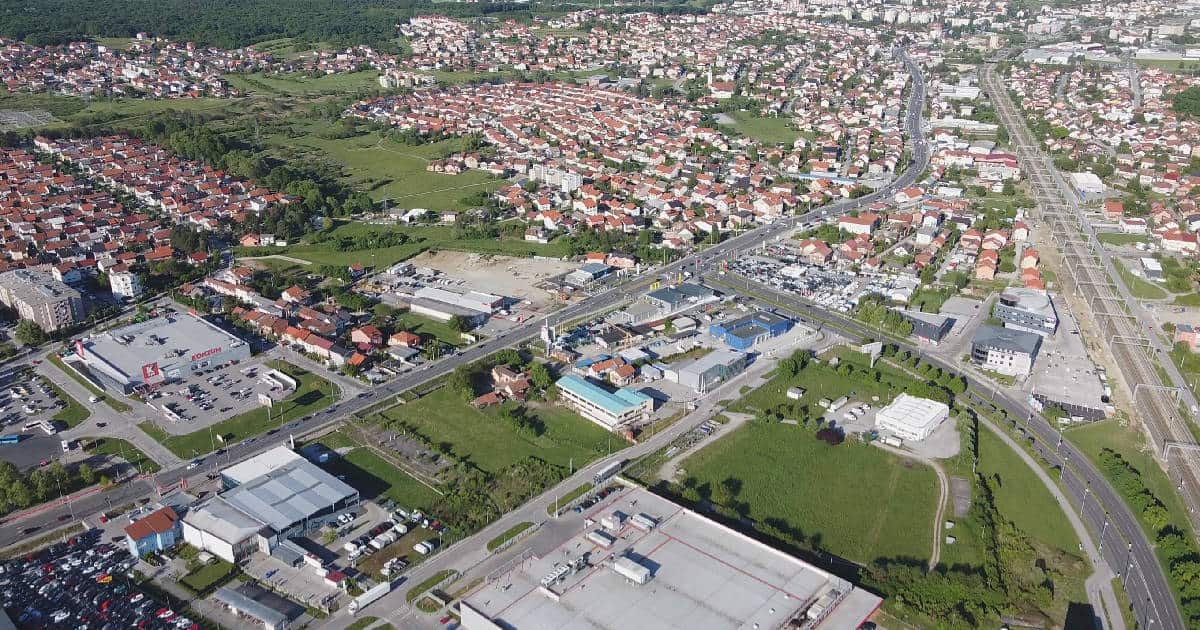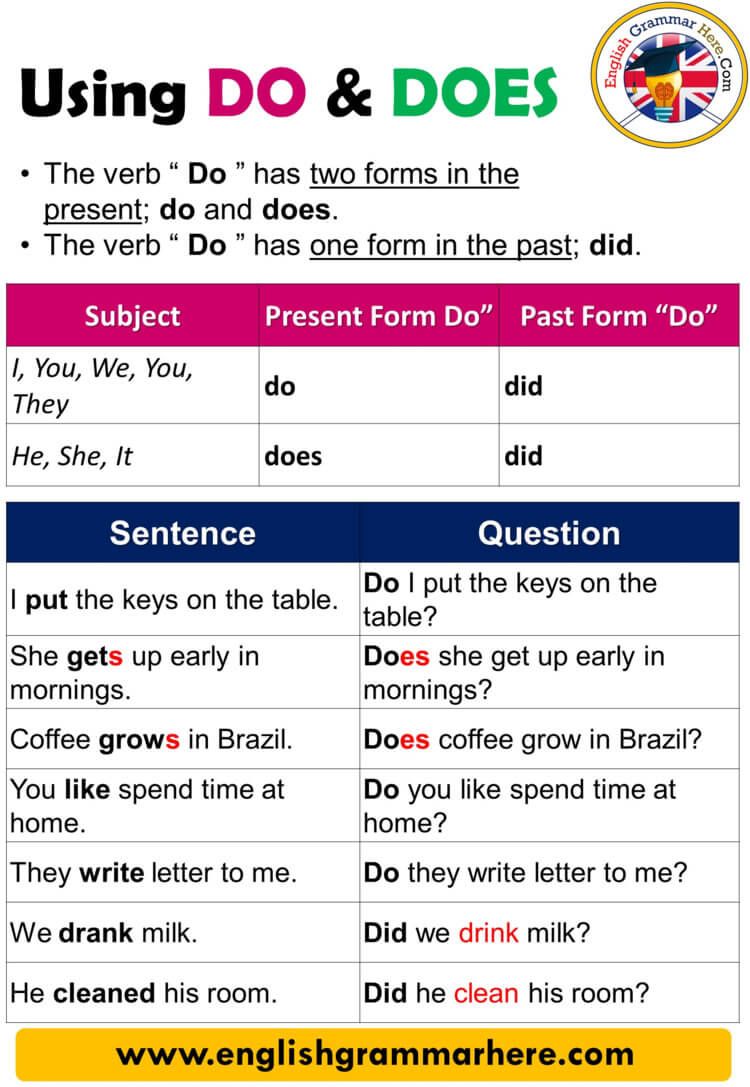How Robotic Process Automation (RPA) is Transforming Real Estate Operations
Understanding RPA in Real Estate
Robotic Process Automation (RPA) is a technology that uses software robots, or ‘bots,’ to automate repetitive, rule-based tasks by mimicking human interactions with digital systems and applications. In the real estate sector, RPA enables companies to streamline operations by handling routine processes such as data entry, document management, lead generation, and customer service. By automating these tasks, RPA allows employees to focus on more strategic, value-adding work, creating a more efficient and productive business environment. [1] [2]
Key Applications of RPA in the Real Estate Industry
Real estate companies are increasingly leveraging RPA to address a variety of operational needs. Common use cases include:
- Automated Data Entry: Bots can transfer information between different platforms (such as CRM systems and property databases), eliminating manual double entry and reducing human error.
- Document Management: RPA can process, store, and retrieve documents like lease agreements, contracts, and invoices, creating a seamless digital workflow.
- Lead Generation and Nurturing: Automation tools can collect and qualify leads from multiple channels, sending personalized follow-ups based on user behavior.
- Customer Service: Bots can handle routine customer inquiries, provide property details, and schedule appointments, improving response time and service quality.
- Compliance and Reporting: Automated systems can monitor regulatory compliance, generate required reports, and track deadlines.
- Lease and Rent Management: RPA streamlines lease renewals, rent adjustments, and property valuation updates, ensuring accuracy and timeliness. [4]
Benefits of RPA for Real Estate Businesses
The adoption of RPA offers several transformative benefits for real estate companies:
- Improved Efficiency: By automating repetitive tasks, companies can allocate staff to higher-value activities, thus increasing overall productivity. [2]
- Cost Savings: Automation reduces the need for manual labor, minimizes human error, and lowers operational costs. The initial investment in RPA technology can be offset by long-term savings. [4]
- Enhanced Customer Experience: RPA enables faster and more accurate responses to customer inquiries, personalization of communications, and seamless service delivery.
- Increased Accuracy: Bots perform tasks consistently and without fatigue, reducing the risk of costly mistakes like missed deadlines or incorrect data entry.
- Scalability: RPA systems can be scaled up or down to match business needs, allowing companies to manage fluctuating workloads without hiring additional staff. [3]
Real-World Example: Automating Lease Management
Consider a property management company that manages hundreds of rental units. Traditionally, staff would manually track lease expiration dates, send renewal notices, and update rent records. With RPA, bots scan lease databases for upcoming expirations, auto-generate renewal emails, update records in real time, and flag exceptions for human review. This not only saves time but also ensures no lease is overlooked, significantly reducing administrative workload and risk. [4]
Implementation: Step-by-Step Guidance
If you’re considering implementing RPA in your real estate business, here are actionable steps to get started:

Source: thriveautomation.ca
- Map Out Processes: Identify repetitive, rule-based tasks that consume significant staff time. Examples include data transfer, invoice processing, or compliance reporting.
- Assess Automation Feasibility: Evaluate each process for automation potential, focusing on tasks with high volume and low complexity.
- Select an RPA Solution: Research vendors offering RPA for real estate. Consider established providers like Tungsten Automation, which offers industry-specific tools and support. [3]
- Pilot a Project: Start with a single process to test RPA capabilities and refine workflows before broader rollout.
- Train Staff: Ensure your team understands how to work alongside bots and how to escalate exceptions when needed.
- Monitor and Optimize: Continuously track bot performance, gather feedback, and adjust processes to maximize benefits.
Challenges and Solutions
While RPA offers significant advantages, real estate businesses may face several challenges during implementation:
- Integration Complexity: Legacy systems may not be compatible with modern RPA tools. Solution: Work with vendors that offer integration support or consider phased upgrades. [5]
- Change Management: Staff may be resistant to new technology. Solution: Communicate benefits clearly, provide comprehensive training, and involve employees in process redesign.
- Initial Investment: Costs for RPA software and setup can be significant. Solution: Focus on processes with the highest ROI and use pilot projects to demonstrate value.
- Maintenance: Bots require regular updates as business rules or software systems change. Solution: Establish protocols for ongoing bot management and assign responsibility to IT staff.
Alternative Approaches and Considerations
Not all automation needs require full-scale RPA deployment. Alternatives include:
- Low-Code/No-Code Platforms: Some RPA vendors offer easy-to-use interfaces that allow non-technical staff to create simple automations for everyday tasks. [3]
- Outsourcing: For companies without in-house expertise, consider partnering with RPA consulting firms or managed service providers.
- Incremental Automation: Gradually automate processes, starting with the most repetitive tasks, to build confidence and demonstrate value before expanding further.
How to Access RPA Solutions and Services
To explore RPA solutions, you can:
- Research reputable RPA software providers specializing in real estate automation. Look for companies with proven track records and industry-specific solutions.
- Attend industry conferences, webinars, or online forums focused on real estate technology to learn from peers and discover best practices.
- Consult with real estate technology advisors or IT consultants who can assess your needs and recommend appropriate solutions.
- Engage with your real estate association or professional network for referrals to trusted vendors.
When evaluating vendors, consider product features, integration capabilities, customer support, and pricing. It may be helpful to request case studies or client references to ensure the solution aligns with your business objectives.
If you need further guidance, search for ‘RPA in real estate’ on established technology platforms or visit the official websites of RPA vendors mentioned in industry publications. You may also contact your local real estate association for recommendations.

Source: claysys.com
References
- [1] Upcore Tech (2024). RPA in Real Estate: Use Cases, Applications & Challenges.
- [2] Number Analytics (2025). Revolutionizing Real Estate with Robotic Automation.
- [3] Tungsten Automation (n.d.). RPA for Real Estate.
- [4] Vertex Plus (2024). Role of Robotic Process Automation in Real Estate.
- [5] Redirect Consulting (2025). Common Challenges of Implementing Robotic Process Automation in Real Estate.
MORE FROM couponito.com

